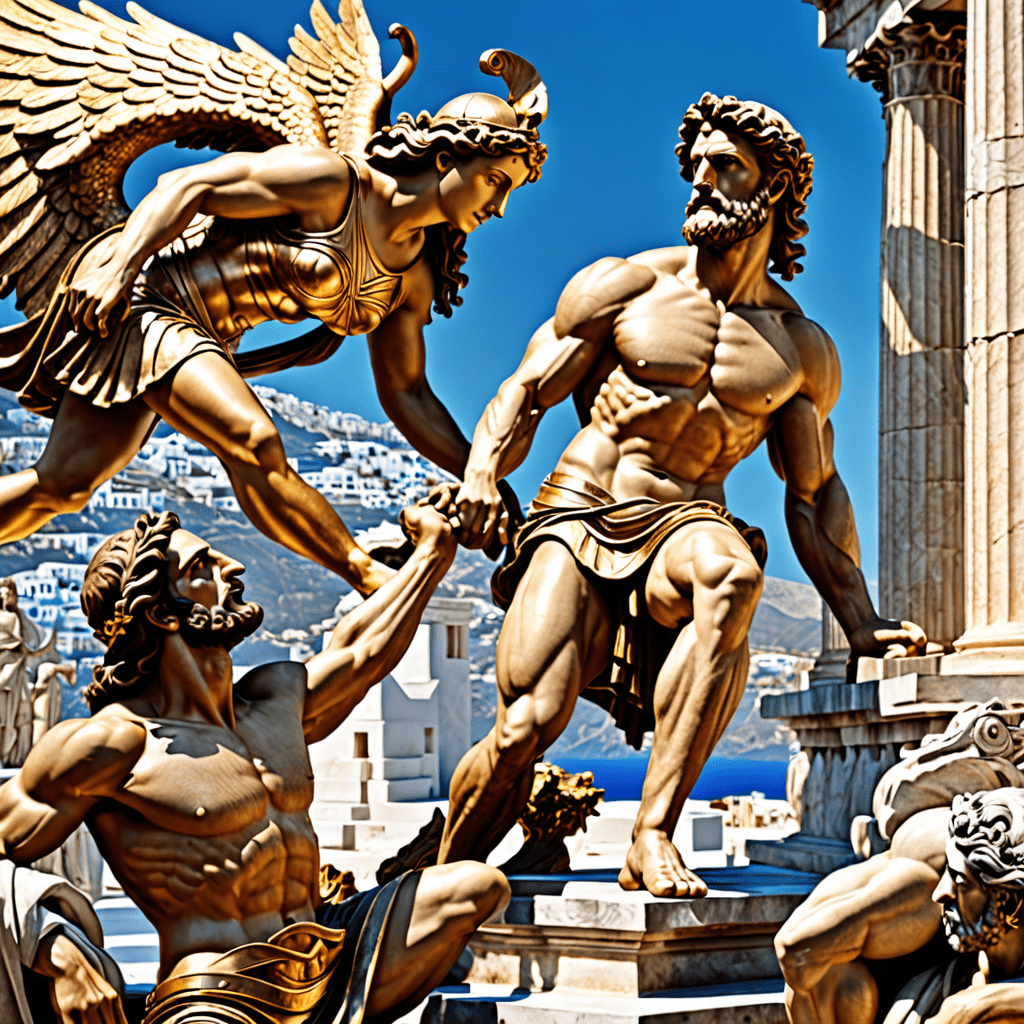The Enchanting Realms of Greek Mythology
Greek mythology, a treasure trove of timeless legends and epic tales, unveils a world where gods, goddesses, heroes, and mythical creatures coexist in a mesmerizing tapestry of intrigue and adventure. Central to many of these captivating narratives is the concept of discovery.
Exploring the Concept of Discovery in Greek Mythology
In Greek mythology, discovery often serves as a catalyst for transformation and revelation. Heroes embark on perilous quests, facing unknown challenges and uncovering hidden truths that shape their destinies. One of the most famous examples of this is the myth of Jason and the Argonauts, who set out on a voyage aboard the Argo in search of the Golden Fleece, encountering mystical beings and overcoming immense obstacles along the way.
The Role of Curiosity and Perseverance
Curiosity and perseverance are recurring themes in Greek myths, fueling the drive for exploration and the thirst for knowledge. Individuals like Odysseus, known for his cunning and strategic mind, demonstrate the importance of curiosity in navigating the unknown. Whether delving into the depths of the underworld or charting uncharted territories, the heroes of Greek mythology epitomize the human spirit’s relentless quest for discovery.
Significance of Discoveries in Greek Mythology
Discoveries in Greek mythology often lead to personal growth, enlightenment, and the unveiling of fundamental truths. From the creation of the world by deities such as Gaia and Uranus to the heroic feats of Perseus slaying Medusa, each discovery symbolizes a transformative journey that shapes the Greek mythological landscape.
FAQs About Greek Mythology and the Concept of Discovery
What is Greek Mythology?
Greek mythology refers to the collection of myths and tales that originated in ancient Greece. These myths often revolve around gods, goddesses, heroes, and mythical creatures, serving as a way for ancient Greeks to understand the world and their place in it.
How did Greek Mythology Influence the Concept of Discovery?
Greek mythology played a significant role in shaping the concept of discovery by inspiring explorers, thinkers, and artists throughout history. The epic quests, divine interventions, and legendary journeys depicted in Greek myths ignited curiosity and pushed individuals to explore the unknown.
What are Some Famous Greek Myths Related to Discovery?
Myths like the adventures of Odysseus in “The Odyssey,” the quest for the Golden Fleece by Jason and the Argonauts, and the trials of Hercules are all well-known stories that highlight the theme of discovery in Greek mythology. These tales showcase the pursuit of knowledge, self-discovery, and the exploration of new lands.
How Does Greek Mythology Continue to Influence Modern Ideas of Discovery?
Even today, Greek mythology continues to influence the concept of discovery by serving as a source of inspiration for literature, art, and popular culture. Themes of exploration, overcoming challenges, and the search for truth found in Greek myths resonate with individuals seeking to



